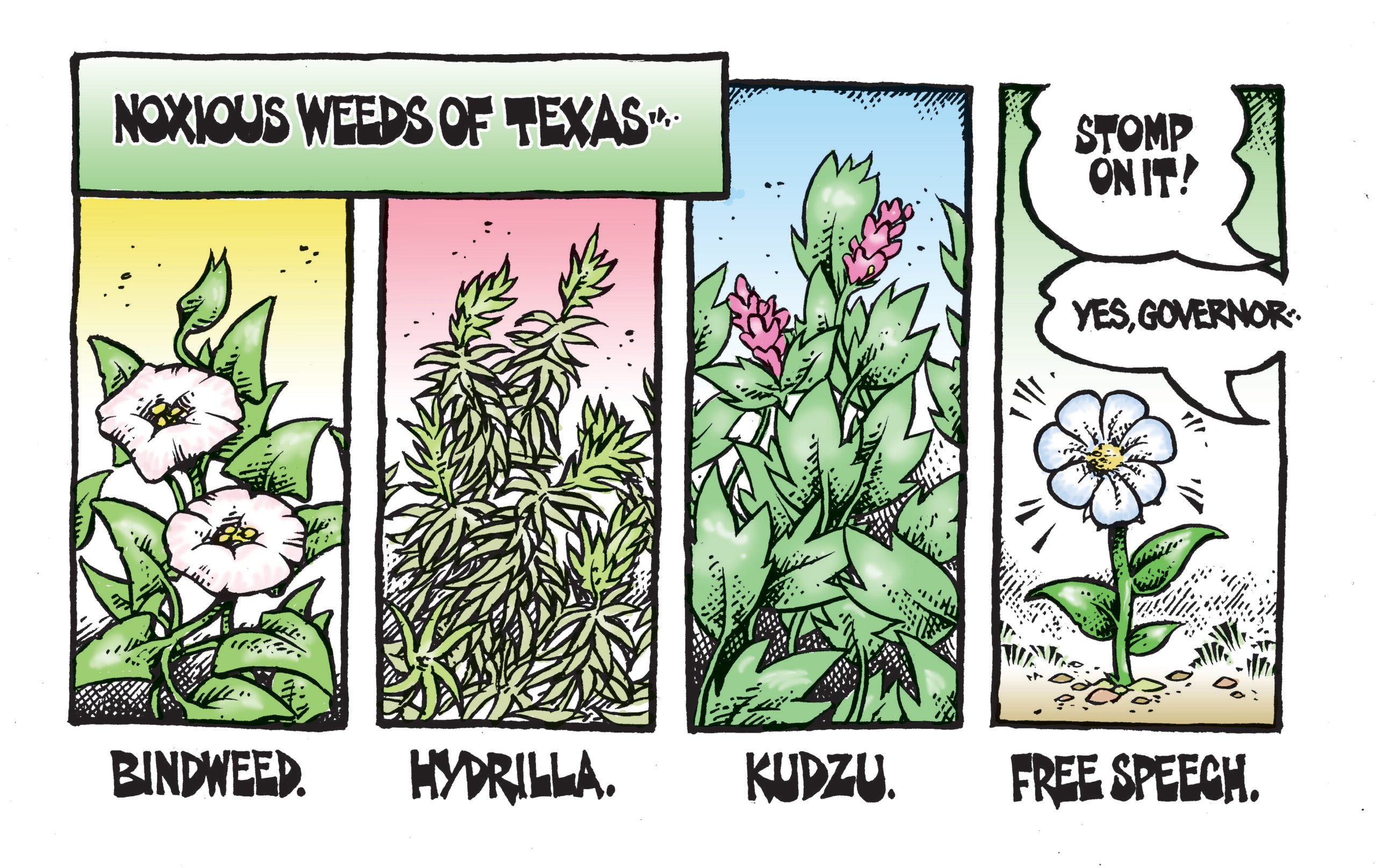ustxtxb_obs_1973_06_15_50_00006-00000_000.pdf
Page 15
Commission, the Vending Commission, the Water Development Board, Water Quality “Fairly complete filings” means that the following matters will have to be reported: all sources of occupational income, listed by employer, but not the amount thereof, if employed by another; sources of income by occupation, if self-employed, including the source and category of amount \(less than $1,000, which the filer will admit was not earned; name and category of number \(less shares of stock held or acquired, together realized from sales of stock; a list of bonds, notes or commercial paper held or acquired, together with profit or loss from sales thereof, by category of amount; source and category of amount of income over $500 from interest, dividends, royalties or rents; source and category of amount of personal loans in excess of $1,000; a list of all beneficial interests in real property and business entities held or acquired, with category-of-amount profit or loss from sales; a list of all gifts and their donors if the in value \(including gifts to a spouse or dependent child, but not including gifts identification of sources and category of amount of income received from trusts, including the assets, if known, held by the trust; identification by description and category of amount of assets and liabilities of corporations controlled by the official; and a list of all corporate executive positions and directorships held. Other appointed officials will have an easier time of it. They will make only the disclosures required by SB 883, the identification of interest in business entities which are regulated by or do business with the state. But the House, conferees, in return for accepting this less complete reporting, won inclusion of a special conflict of interest filing requirement. Any appointed official with a personal or private interest in any official decision to be made by his board or commission is instructed to disclose his interest in open meeting and refrain from voting. Failure to do so makes him liable for removal from office. THE HOUSE passed Daniel’s lobby-control bill the first week in February; the Senate’s severely weakened version wasn’t approved until late May. Senator Herring, of the Jurisprudence Committee, sent the House bill to the Attorney General amidst much fanfare. Hill made five objections to the House bill, and senators subsequently used Hill’s advisory letter as grounds for all manner of calamitous amendments. Daniel and the House sponsors maintained that Hill’s suggestions could have been incorporated into H.B. 2 with just a few strokes of the pen, but the constitutionality of the measure was flung back and forth across the Rotunda like a beanbag for the remainder of the session. For a while it looked as if Jurisprudence would go along with S.B. 350 by Moore. The bill, inspired by a similar number introduced in Congress by Tiger Teague, would have given regulatory powers to the secretary of the Senate and the clerk of the House. \(Daniel’s bill set up an independent Moore’s bill went to a subcommittee chaired by Republican Ike Harris of Dallas. Harris made a few changes in the measure, but, as a piece of reform legislation, it was, as Buck Wood of Common Cause insisted, “a joke.” Common Cause went to work on the Senate over a weekend, and on Monday Hobby got Harris to scuttle the bill. Harris announced there would be further hearings on lobby legislation April 27. “I think it’s the prudent thing to do, considering the controversy involved,” Harris told the press. Hobby oversaw the drafting of the next lobby bill. There is disagreement over just how strong a role Hobby’s staff played in the revision. Wood says it was “at feast 90 percent” drafted by Hobby’s people. Harris would say only that Steve Oakes, Hobby’s top aide, discussed the issue with him “several times.” At any rate, the Jurisprudence Committee unanimously passed the Hobby-sanctioned bill in mid-May after defeating the House bill, sponsored by Oscar Mauzy, D-Dallas, by a vote of 7 to 4. The measure gave regulatory power to the secretary of state. \(Bob Bullock, Preston Smith’s candid secretary of state, has pointed out that the secretary of state is always going to be the governor’s man. paid lobbyists not their employers were included in the bill and lobbying before administrative agencies was removed on the grounds that it might violate the constitutional right to petition the government. The session was creeping toward sine die and the lobby bill still had not reached the Senate floor. On May 20, an angry Speaker Daniel called a press conference to charge that Hobby and a group of top lobbyists were conspiring to defeat or weaken the bill. The game plan, as Daniel explained it, was to hold H.B. 2 in the Senate until the last possible moment, passing the impotent Harris substitute back to the House so late that the House would be forced to accept the Senate version. Daniel said the conspirators already were working to get a majority of House members to concur in the Senate’s amendments. He said he was prepared to release the participants in the evil cabal. Daniel’s information, which popularly is believed to have originated with Terry Townsend, a lobbyist for the Texas Motor Transportation Association, was that a group of lobbyists held a series of meetings over a ten-day period to discuss the lobby-control bill. One of the meetings was said to have been in Hobby’s office with Hobby present. Hobby specifically denied that he discussed the bill with a group of lobbyists. Although Daniel repeatedly promised the press that he would name names, he never did. The speaker continues to believe that the meetings took place, but he has been unable to come up with a reliable list of participants. Lobbyists contacted by the Observer contended that they knew nothing of the meetings. One lobbyist said it just would have been too, too stupid a thing for Hobby to do, that Steve Oakes, at least, is smart enough to stop Hobby from participating in such a fiasco. Another speculated that a meeting might have occurred during which lobbyists told Hobby how much they liked the Senate version of the bill and how they thought they could get the House to concur. But, as to Hobby’s agreeing to work with the lobbyists to weaken the bill, this lobbyist insisted, “Hobby just doesn’t cut definite deals.” A lobby bill finally passed the Senate May 22, three and a half months after it came over from the House. Senators repudiated no less than 10 amendments by Oscar Mauzy. Mauzy’s motion to put the ethics commission in the Senate bill was rejected 21-10 with Sens. Bill Bracklein, Chet Brooks, Ron Clower, Bob Gammage, D. Roy Harrington, Jack Hightower, Glenn Kothmann, Bill Patman and Nelson Wolff voting with Mauzy. As passed, the bill required paid lobbyists to register with the The Texas Observer


